

email: library@cambriancollege.ca
Tel.: (705) 524-7333
Text: (705) 996-1104
Library & Learning Commons
Cambrian College
3rd Floor, Room 3021
1400 Barrydowne Road
Sudbury, Ontario P3A 3V8
 Maamwi hub
Maamwi hub
The Canadian Constitution recognizes these three groups as Aboriginal peoples, also known as Indigenous peoples - the First Nations, Inuit and Métis peoples.
Although these groups share many similarities, they each have their own distinct heritage, language, cultural practices and spiritual beliefs.
In cooperation with Indigenous organizations, the Government of Canada chose June 21, the summer solstice, for National Aboriginal Day, now known as National Indigenous Peoples Day. For generations, many Indigenous peoples and communities have celebrated their culture and heritage on or near this day due to the significance of the summer solstice as the longest day of the year.
The year 2021 marked a significant milestone, as the 25th anniversary. National Aboriginal Day (now National Indigenous Peoples Day) was announced in 1996 by then Governor General of Canada, Roméo LeBlanc, through the Proclamation Declaring June 21 of Each Year as National Aboriginal Day. This was the result of consultations and statements of support for such a day made by various Indigenous groups:
- in 1982, the National Indian Brotherhood (now the Assembly of First Nations) called for the creation of National Aboriginal Solidarity Day
- in 1995, the Sacred Assembly, a national conference of Indigenous and non-Indigenous people chaired by Elijah Harper, called for a national holiday to celebrate the contributions of Indigenous Peoples
- also in 1995, the Royal Commission on Aboriginal Peoples recommended the designation of a National First Peoples Day
- on June 21, 2017, the Prime Minister issued a statement announcing the intention to rename this day National Indigenous Peoples Day.
 National Indigenous Peoples Day: June 21
National Indigenous Peoples Day: June 21
 Standing strong for Métis Rights: Powley Day - September 19
Standing strong for Métis Rights: Powley Day - September 19
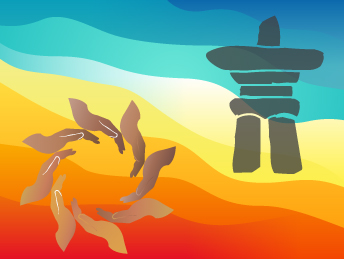 International Inuit Day: November 7
International Inuit Day: November 7
 Martha of the North
Martha of the North
 Indigenous Veteran's Day: November 8
Indigenous Veteran's Day: November 8
 Remembrance - The Legion: November 11
Remembrance - The Legion: November 11
 Forgotten Warriors
Forgotten Warriors
 Louis Riel Day: November 16
Louis Riel Day: November 16
 Indigenous Law Centre
Indigenous Law Centre
 IPinCH
IPinCH
 Assembly of First Nation’s Guide to Respecting Indigenous Languages
Assembly of First Nation’s Guide to Respecting Indigenous Languages
 Iakwahwatsiratatie Language Nest
Iakwahwatsiratatie Language Nest
 Nishnaabemwin: Odawa & Eastern Ojibwe online dictionary
Nishnaabemwin: Odawa & Eastern Ojibwe online dictionary
 Sharing stories: The Saskatchewan Aboriginal Storytelling project
Sharing stories: The Saskatchewan Aboriginal Storytelling project
 Transparent Language
Transparent Language
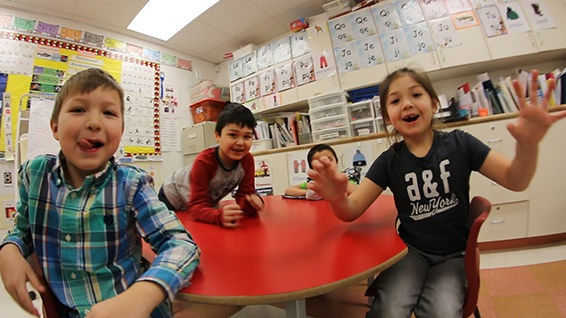 Visit this Mi'kmaq immersion school in Nova Scotia
Visit this Mi'kmaq immersion school in Nova Scotia
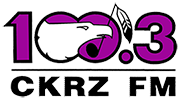 Voice from The Grand: CKRZ’s Language Lessons
Voice from The Grand: CKRZ’s Language Lessons
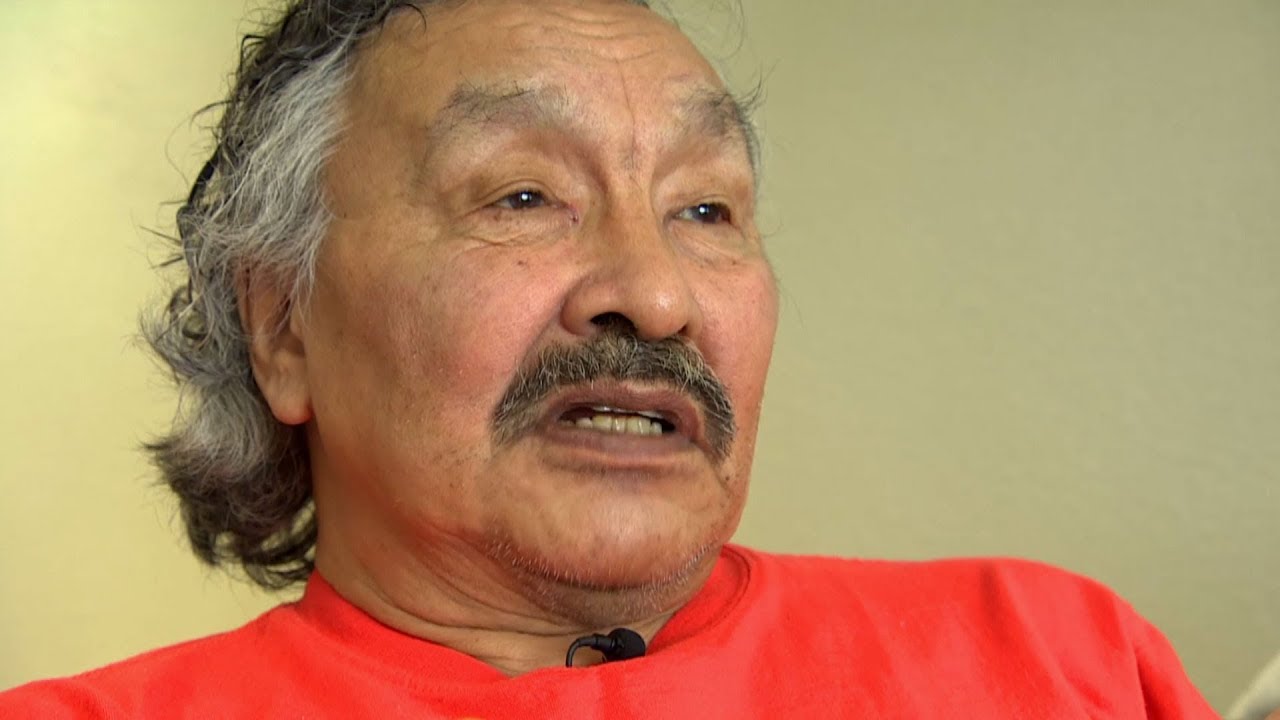 Why language is vital for this Inuk residential school survivor
Why language is vital for this Inuk residential school survivor
 Indigenous health
Indigenous health
 Spirit Guide Teachers
Spirit Guide Teachers
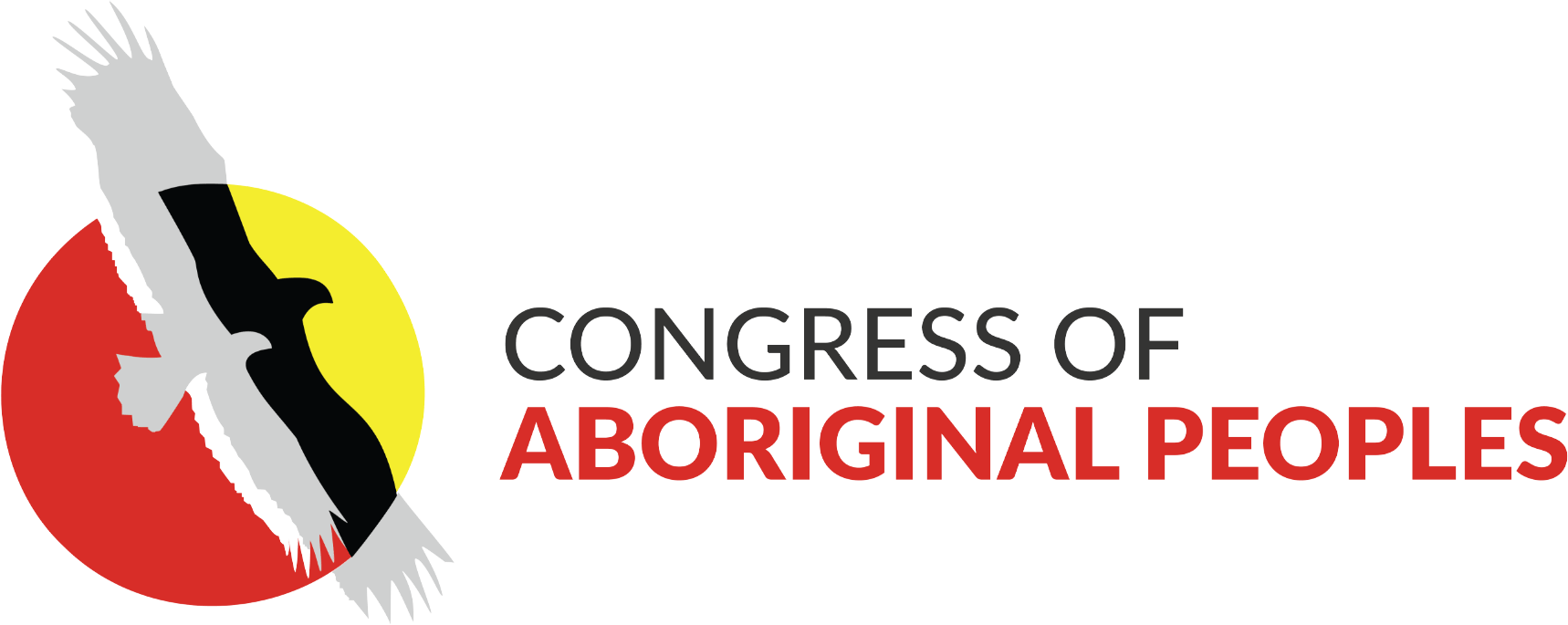 Congress of Aboriginal Peoples
Congress of Aboriginal Peoples
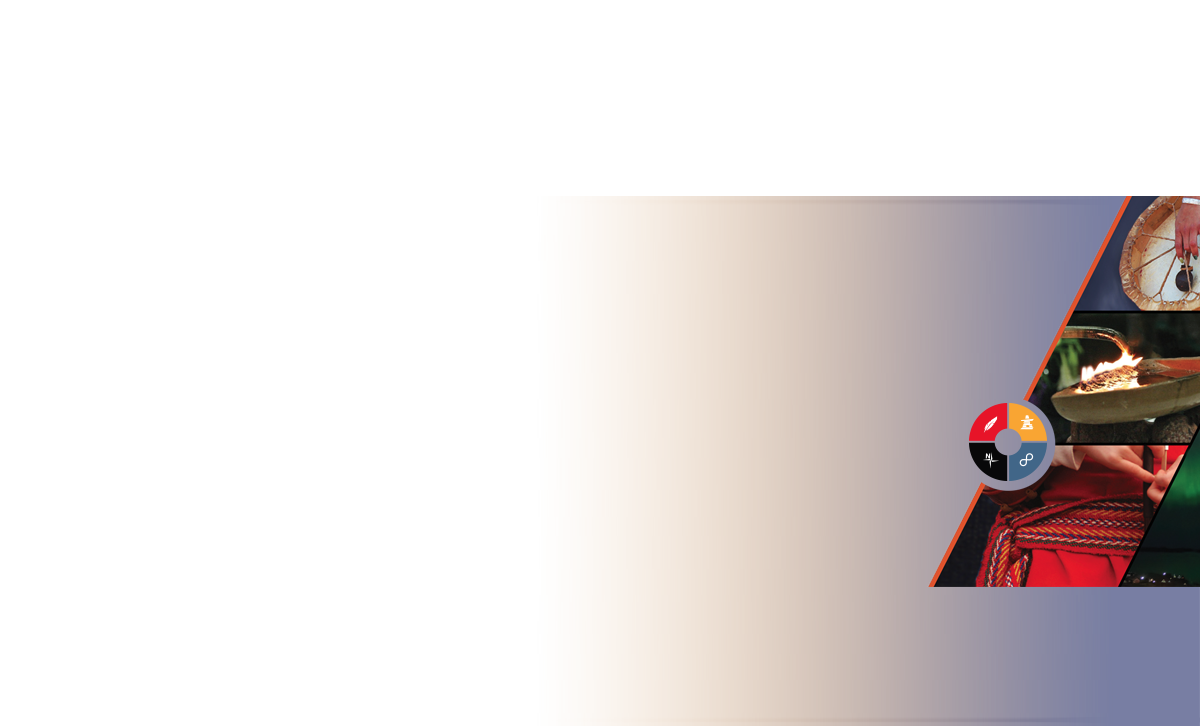 Crown-Indigenous Relations and Northern Affairs Canada
Crown-Indigenous Relations and Northern Affairs Canada
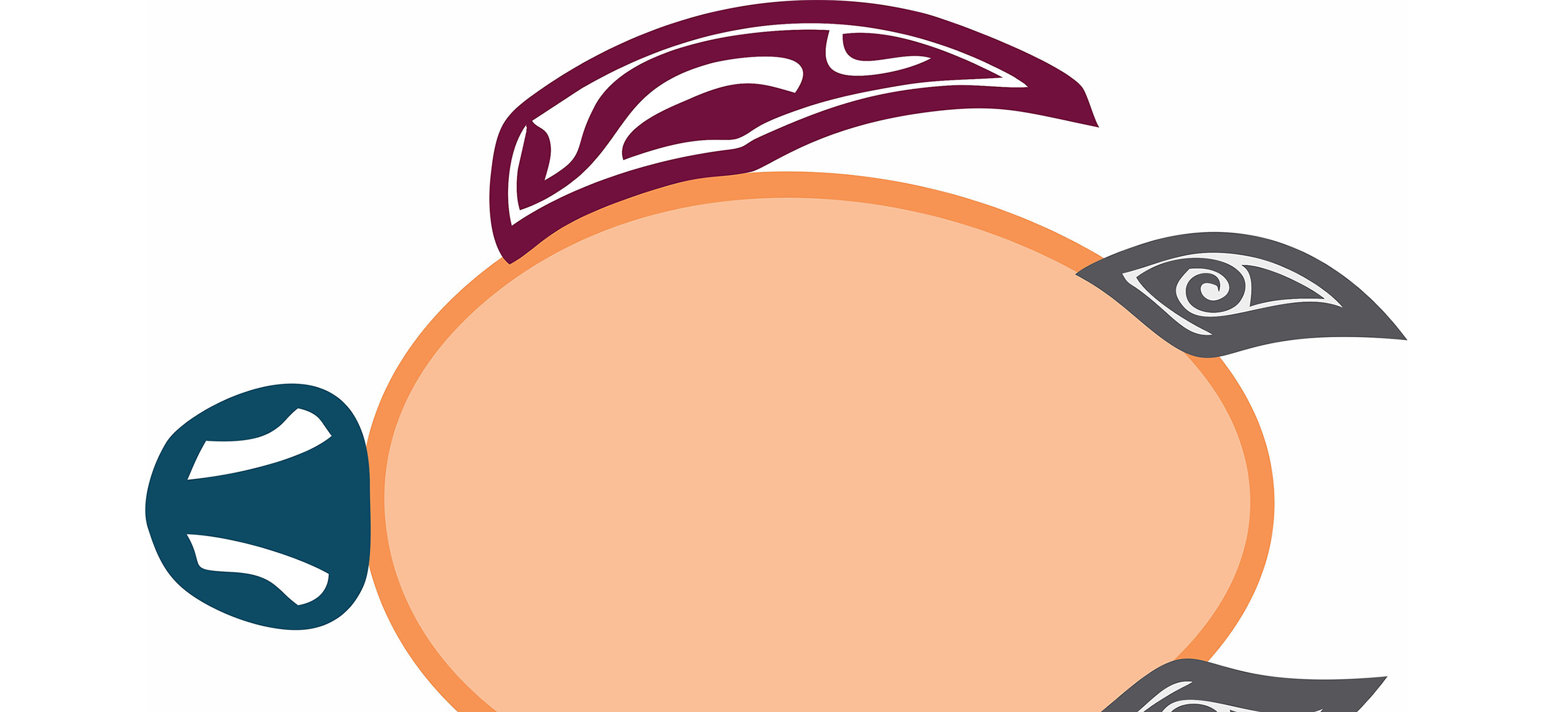 Empowering the Spirit: Educational Resource to Support Reconciliation
Empowering the Spirit: Educational Resource to Support Reconciliation
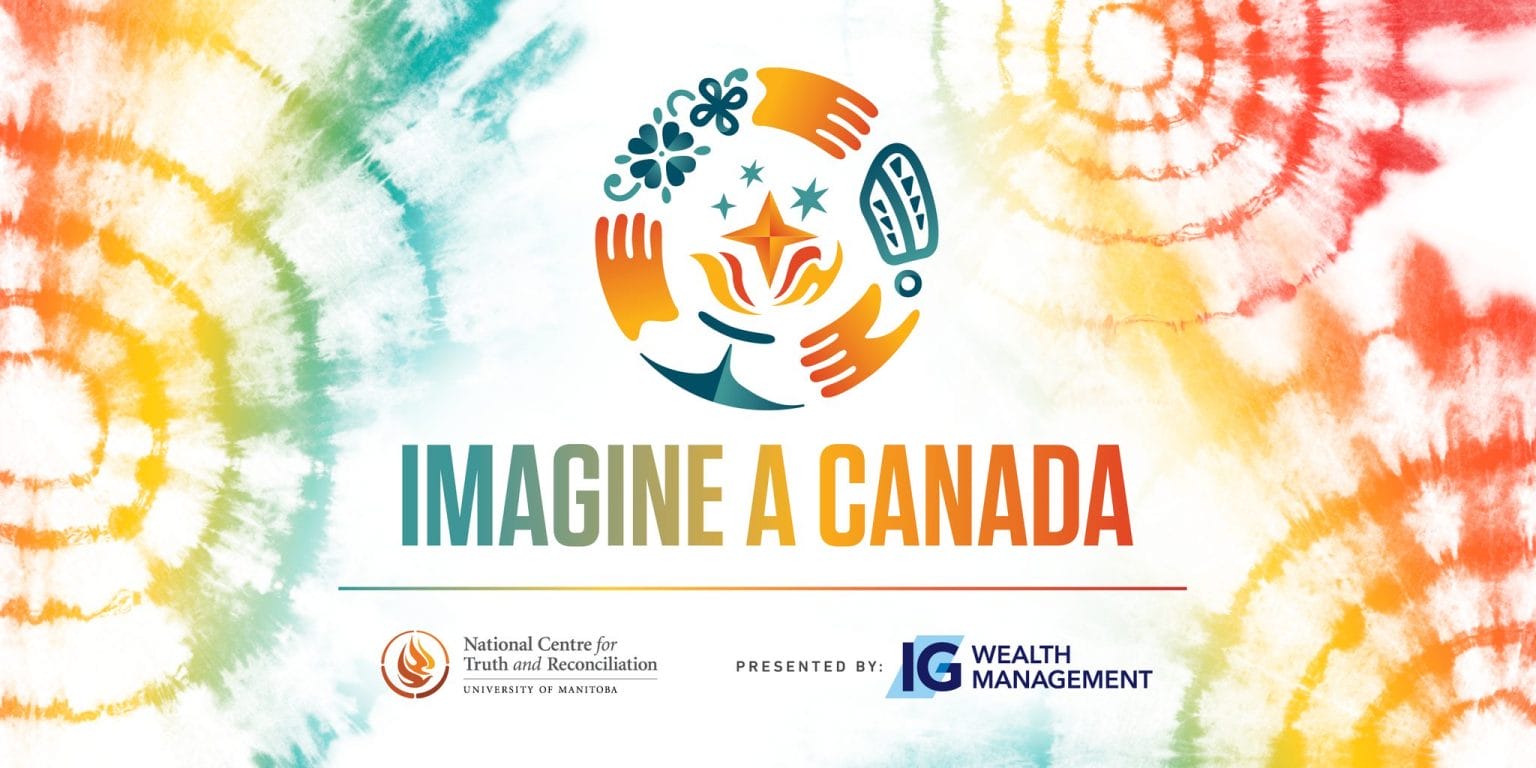 Imagine a Canada – Youth Leading Reconciliation
Imagine a Canada – Youth Leading Reconciliation
 Indigenous heritage
Indigenous heritage
 National Aboriginal History Organization
National Aboriginal History Organization
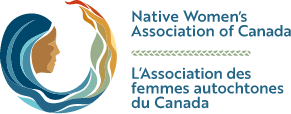 Native Women’s Association of Canada
Native Women’s Association of Canada
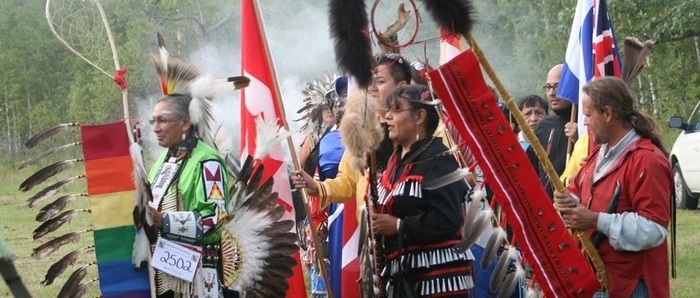 Two-Spirit Archives
Two-Spirit Archives
Content Warning: Please note that this section covers difficult topics and Survivor stories related to residential schools that some readers may find distressing.
For residential school Survivors and their families, 24-hour support is available through the following:
Cambrian College students may contact Wabnode Centre for Indigenous Services in room 2133 and at wabnode@cambriancollege.ca
Indian Residential Schools Crisis Line at 1-800-721-0066,
National Residential School Crisis Line 1-866 925-4419,
If you're a student from an Ontario college, please consult the student support services available at your college.
 National Centre for Truth and Reconciliation, University of Manitoba: Archives
National Centre for Truth and Reconciliation, University of Manitoba: Archives
 Truth and Reconcilliation Commission of Canada
Truth and Reconcilliation Commission of Canada
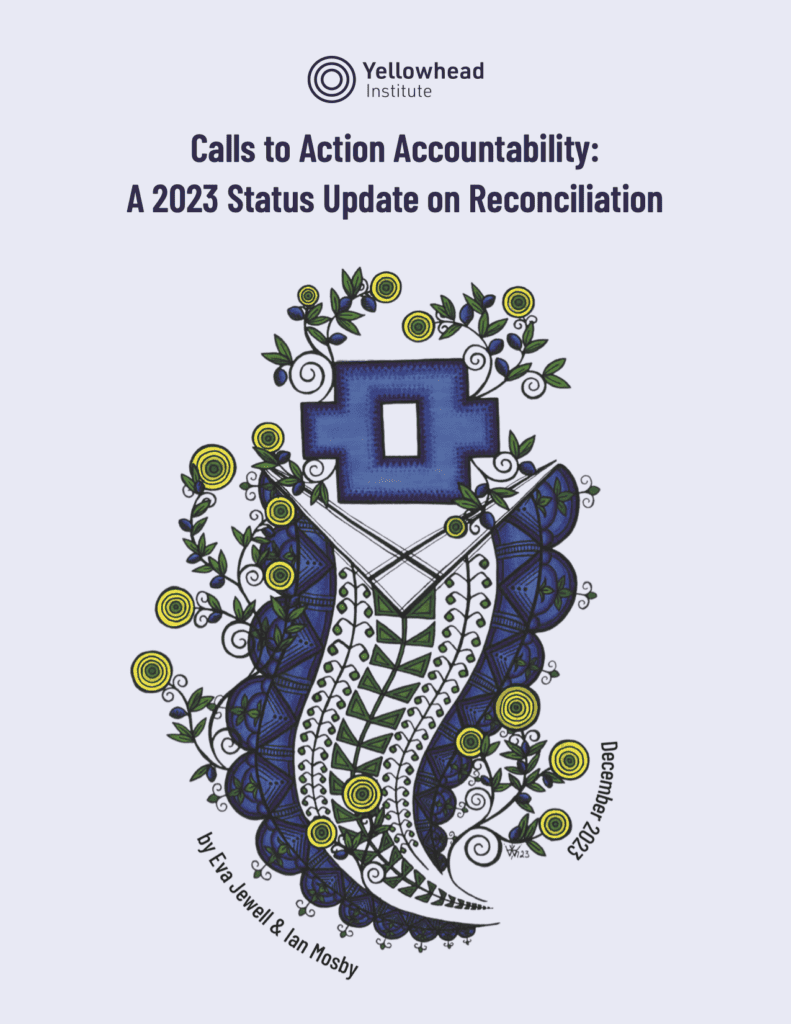 Calls to Action Accountability: A 2022 Status Update on Reconciliation
by
Yellowhead Institute Report
Calls to Action Accountability: A 2022 Status Update on Reconciliation
by
Yellowhead Institute Report
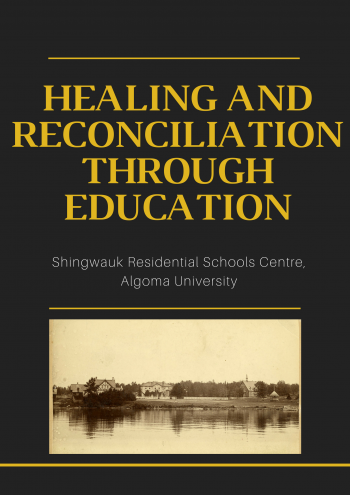 Healing and Reconciliation Through Education
Healing and Reconciliation Through Education
 Status updates to the TRCs Calls to Action
Status updates to the TRCs Calls to Action
 Aboriginal languages in Canada
Aboriginal languages in Canada
 Aboriginal population in Canada
Aboriginal population in Canada
 Indigenous Liaison Program
Indigenous Liaison Program
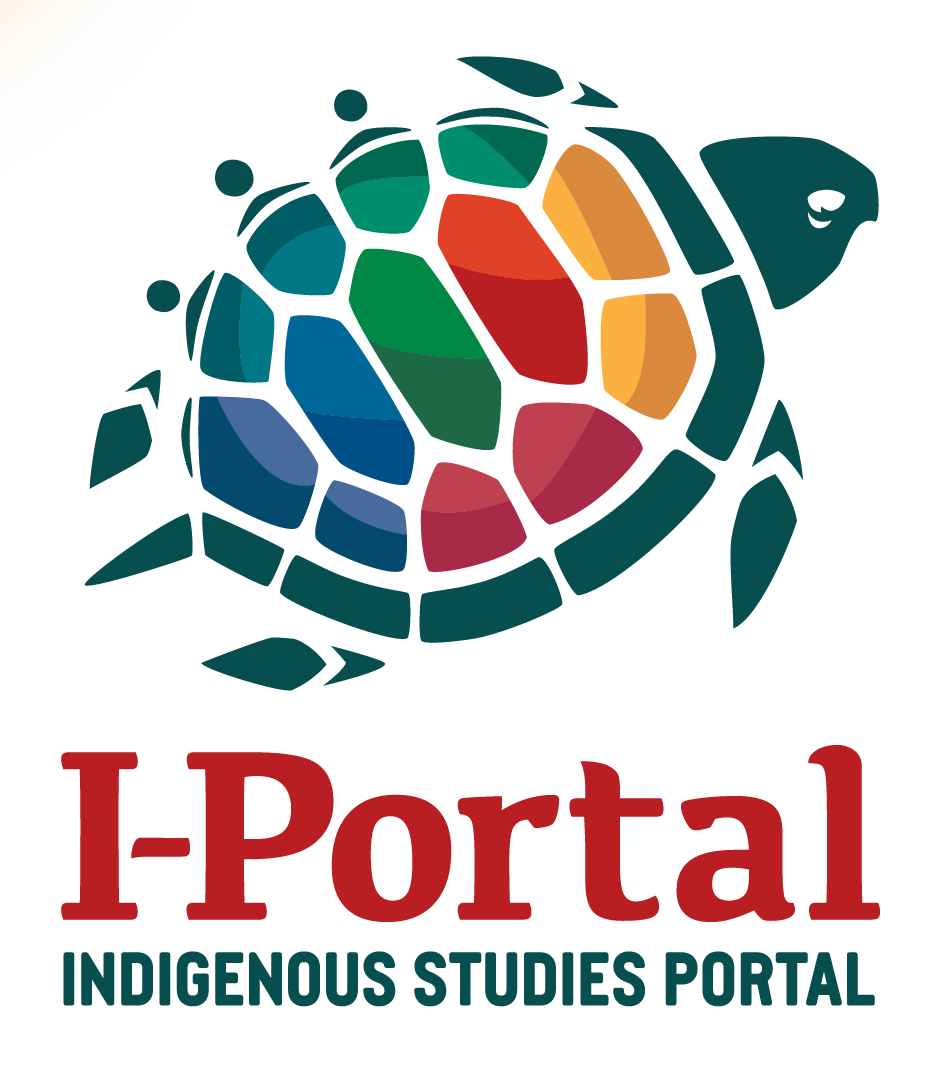 I-Portal: Indigenous Studies Portal
I-Portal: Indigenous Studies Portal
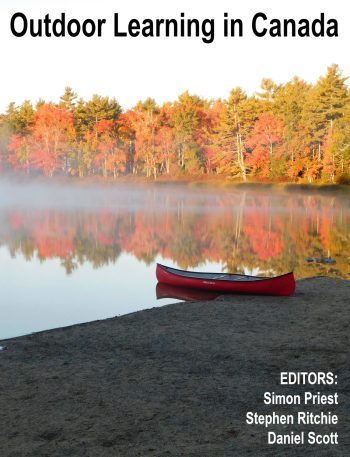 Outdoor Learning in Canada
Outdoor Learning in Canada
 Reconciliation Through Indigenous Education
Reconciliation Through Indigenous Education
 Knots in a string : an introduction to Native Studies in Canada
by
Peggy Brizinski
Knots in a string : an introduction to Native Studies in Canada
by
Peggy Brizinski